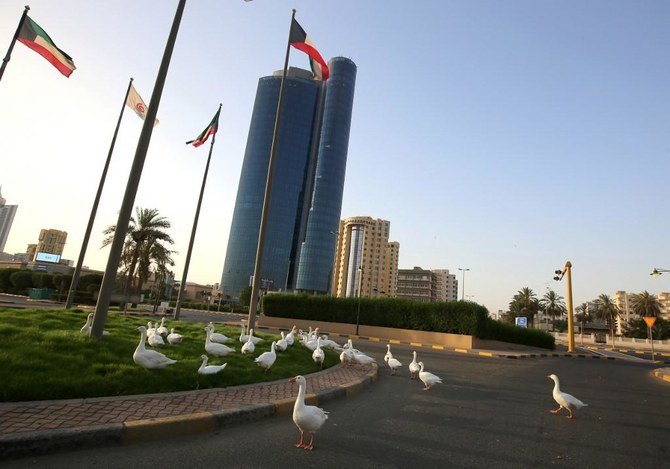
- ARAB NEWS
- 01 Jul 2025

DUBAI: S&P Global Ratings said on Monday it expected Gulf countries’ government debt to increase by a record high of about $100 billion this year, as funding needs spike due to the coronavirus crisis and low oil prices.
The ratings agency estimates Gulf Cooperation Council (GCC) countries will register an aggregate central government deficit of about $180 billion, to be financed with $100 billion of debt and an $80 billion draw-down in government assets.
“Based on our macroeconomic assumptions, we expect to see GCC government balance sheets continue to deteriorate up until 2023,” it said in a statement.
It based its forecasts on an average Brent oil price of $30 per barrel for the rest of 2020, $50 in 2021 and $55 from 2022.
Gulf countries have been hit hard by the pandemic and lower oil prices have exacerbated that, with most countries expected to post double-digit fiscal deficits this year.
Saudi Arabia, Qatar, Bahrain and the emirates of Abu Dhabi and Sharjah have already borrowed tens of billions of dollars this year to bolster state coffers.
S&P estimates GCC central government deficits to reach about $490 billion cumulatively between 2020 and 2023.
Since the oil price crash in 2014-2015, Gulf states have relied heavily on debt financing, raising over $90 billion in local and international debt in 2016 and 2017.
After a new record high of about $100 billion this year, S&P expects total debt issuance to decline to around $70 billion by 2023.
Oman, one of the financially weakest countries in the Gulf, has not raised international debt yet this year but S&P expects it to do so in the coming months.
Kuwait is planning to raise up to $16 billion by the end of its current fiscal year, ending in March 2021, but its ability to borrow depends on parliament approving a long-debated new debt law.
Reuters